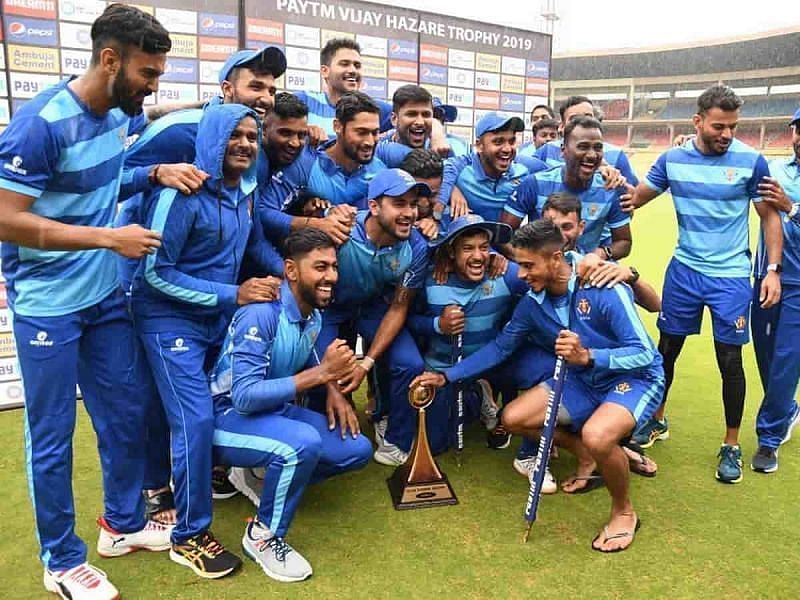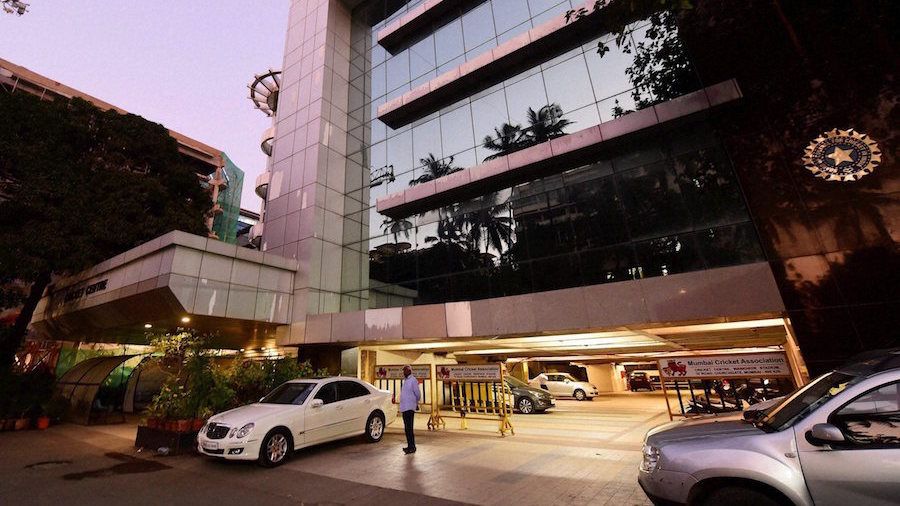The Board of Control for Cricket in India has come up with a revised calendar for the upcoming domestic season.
The Ranji Trophy 2021-22 season, which was earlier supposed to begin from November 16, will now kickstart on January 5 next year. The postponement came after several associations requested the board for more time to prepare for the red-ball competition, which was cancelled in 2020-21 due to the COVID-19 pandemic. The Ranji Trophy will conclude on March 20, 2021.

According to a revised domestic schedule sent out to state associations, the two white-ball tournaments – Vijay Hazare Trophy and Syed Mushtaq Ali Trophy – will be held before the first-class competition.
The men’s domestic season will kickstart with the Twenty20 tournament – Syed Mushtaq Ali Trophy from October 27 to November 22. Then the 50-over competition, Vijay Hazare Trophy will take place between December 1-29.

The women’s One-Day competition, originally planned to start on September 21, will begin from October 20. The BCCI has scheduled a four-team Challenger Trophy for women to provide women’s players more game time before next year’s Women’s ODI World Cup in New Zealand.
India’s domestic season will conclude with CK Nayudu Trophy. This Trophy has been turned into an Under-25 tournament instead of Under-23, compensating for the 18-month loss in age-group cricket. The competition is slated to be played from January 6 to April 2.

With the global pandemic still going on, the BCCI has tweaked the Ranji Trophy format to make it shorter. According to the revised format, 38 teams will be placed into five Elite groups of six teams each and one Plate group comprising eight teams.
The table-toppers from five Elite groups will directly qualify for quarter-finals, while second-placed teams from each Elite group and leader of the Plate groups will compete in pre-quarters for the remaining three slots.
The revised format means that the teams from Elite groups will only get five league games, as compared to a minimum of eight games in the earlier format. The reduction in games directly leads to a lesser remuneration for players.
Add to that the ongoing compensation issue of players not getting paid for the previous season. The BCCI hasn’t done a good job when it comes to players’ welfare, and perhaps a players’ union is much needed in current times.


